Editor’s note: This story is part one of an ongoing series about fellowships advising at Boston College.
For American college students seeking to pursue graduate studies in the U.S. or abroad, words like “Rhodes,” “Marshall,” and “Truman” carry a lot of weight.
For students looking for an international experience doing either research or English teaching after completing their undergraduate degrees, the word “Fulbright” may spell out an answer.
The competitive national scholarships and fellowships bearing these names provide the opportunity for advanced study at centuries-old British institutions such as the University of Oxford or the University of Cambridge, or the chance to live in one of more than 140 countries granting Fulbright scholars a place in these schools’ research facilities or classrooms.
While most advising for major fellowship applicants at Boston College is done primarily through coordinators for each specific program—most of whom are faculty members—the University Fellowships Committee (UFC) oversees some outreach efforts and early-stage advising for students interested in pursuing a fellowship.
“This office was envisioned to offer support to the faculty that are doing this in whatever capacity they would like us to,” said Jason Cavallari, associate director of the UFC.
Cavallari, who has served in his current position for three years, said that outreach to students to build applicant pools for each fellowship is a mixed effort between the UFC and the individual coordinators. In some cases, interested students contact coordinators directly, and in others, coordinators or their colleagues may have students in mind who they believe would fit the criteria for a specific award.
The outreach from the UFC end, however, is more broadly focused—hosting information sessions generally outlining the various opportunities available and holding initial meetings with students to better determine which fellowships are most appropriate.
“Usually the students I see are the ones who have heard at least something, which is goal number one—to know that these opportunities are out there,” Cavallari said. “Then they can come in and we can talk more specifically about what they’re looking for and then dispel them of any misapprehensions they may have and point them in the right direction.”
There are ways, Cavallari said, that BC could do better with getting information out there, and he has sought to coordinate with department chairs and academic advisors to publicize fellowship opportunities to the student body. Professors who are personally involved with certain fellowships, such as Michael Resler, professor and chair of the German studies department and a Fulbright advisor, do well with advertising and encouraging students to apply.
“In some ways, some of the departments could be a little bit better about advertising fellowship options,” he said. “They don’t even have to be experts … but even to provide students with the information about opportunities they should think about. I think that could be better handled.”
For many fellowships, the preparation process does not begin just with an application during a student’s junior or senior year. In order to lay the groundwork for a successful fellowship or scholarship application, students need to be aware of the opportunities as early as freshman year so that they have time to develop relationships with faculty members for future letters of recommendation, build necessary academic and research skills, and find an area of focus that interests them.
Cavallari said that several of the strategic programs that the UFC was attempting to implement—some focused on fostering undergraduate research—have been set aside following the departure of Donald Hafner, former vice provost for Undergraduate Academic Affairs and director of the UFC. Hafner stepped down from his position in the provost’s office effective Aug. 31, and will fully retire from the faculty in the spring.
In Hafner’s absence, Cavallari has been tasked with handling more responsibilities in the UFC office, therefore efforts such as starting an undergraduate research seminar for freshmen—perhaps modeled after the freshman topic seminar courses—will likely not pan out as anticipated.
“One of the things we wanted to do was start, especially with underclassmen, getting them into the process of doing research earlier, so that the spark of imagination and skill set they would need to take on big projects would develop a little earlier in their college career and they could do more with it later on,” Cavallari said.
In addition to developing skills that would be helpful for writing essays and proposals for any number of fellowship applications, students must determine which particular program fits their long-term goals and qualifications.
BC students have, historically, turned to programs such as Fulbright as an accessible, realistic option for post-graduation plans, pursuing positions as English-teaching assistants and researchers in countries from Germany to Taiwan to Bulgaria. Over the last decade, at least, BC has placed consistently among the top 20 doctoral or research-level institutions producing the most Fulbright winners, ranked 12th highest producer of Fulbrights in 2013-14 with 19 winners, and breaking into the top 10 with 21 winners in 2011-12.
While the Fulbright program has established itself at BC, other major fellowships—including the Rhodes, Marshall, and Truman scholarships—have not produced as many winners as have other universities, particularly Ivy League institutions with significant support programs and resources in place for applicants.
Since the 1902 inception of the Rhodes, 3,296 of these scholarships have been awarded to American students for postgraduate study at Oxford. Of those awards, 781—nearly 24 percent—have been awarded to students from Harvard, Yale, or Princeton universities, according to data from the Rhodes Trust. Only two BC students have won the Rhodes—Brett Huneycutt, BC ’03, and Paul Taylor, BC ’04—while numerous others have been finalists. Alicia McKean, LSOE ’15, has been named a Rhodes finalist this year and will participate in a final interview later this week.
Ten BC students have won the Marshall Scholarship and earned awards for postgraduate study at a university in the United Kingdom, and 17 BC juniors have won the Truman Scholarship for demonstrating leadership potential and commitment to public service, as indicated by statistics from the respective scholarships’ websites.
Cavallari noted that, while the disproportionate number of winners from Ivy League schools can somewhat be attributed to a systematic feature of the Rhodes selection process—in that Ivy League applicants can be favored for their institutional affiliation—BC’s “perennial issue” of struggling to produce Rhodes winners could also be a factor of geography.
Each of the 16 Rhodes districts is allocated two scholarships, and students may apply to represent either the district in which they live or the district in which their university is located. For some BC students, that district is one and the same—District One, which embodies Maine, Massachusetts, and Vermont. BC applicants, therefore, are annually competing with students from Harvard, MIT, and other prestigious institutions in one portion of New England.
This geographical grouping may account for the discrepancy between the number of winners from a small liberal arts college such as Grinnell College in Iowa—which only has approximately 1,600 students but has produced 14 Rhodes winners, or Carleton College in Minnesota—which has 2,000 students and has produced 18 Rhodes winners, and BC, which has over 9,000 undergraduates.
For the top-tier universities at which having numerous winners of Rhodes, Marshall, and Truman scholarships is more common than at BC, preparation for students to apply for fellowships frequently takes the form of hands-on workshops and sessions dedicated to providing advice for essay writing and interviewing.
At Princeton, prospective applicants can read past winners’ application essays, and Fulbright candidates can view the form that an on-campus committee will use to evaluate them in their interview to earn a campus nomination, according the website for the university’s Office of International Programs, which handles international fellowship advising. Princeton has produced 201 Rhodes winners, 126 Marshall winners, and 31 Truman winners.
Yale, which has contributed 233 Rhodes winners, 108 Marshall winners, and 57 Truman winners, has a fellowships program administered by the university’s Center for International and Professional Experience (CIPE). According to the CIPE website, the fellowships program hosts workshops to help with application proposals, as well as multiple information sessions geared specifically toward freshmen and sophomores each fall. Spring information sessions focus on how to write essays for national fellowship applications, aimed at students looking to apply the following fall.
With an undergraduate student population approximately half the size of BC’s, Wake Forest University has produced 15 Rhodes winners, including 13 since 1986. The Wake Forest Scholars Program, according to the university’s website, “identifies and promotes high academic and civic achievement among undergraduate students from a wide variety of backgrounds and intellectual interests,” and serves as a postgraduate scholarship and fellowship education and preparation program.
The University of Notre Dame has three full-time employees dedicated to fellowships advising, two of whom are focused on undergraduate advising, according to Jeffrey Thibert, assistant director of national fellowships at Notre Dame. The Center for Undergraduate Scholarly Engagement hosts both in-person and YouTube-based information sessions for prospective applicants, as well as application workshops and feedback systems. BC has produced more Marshall and Truman winners than Notre Dame (7 Marshalls, 11 Trumans), yet Notre Dame has produced 14 Rhodes winners.
Some universities, such as Georgetown, have produced over 20 winners of each the Rhodes, Marshall, and Truman scholarships, yet face a lack of funding for student services such as fellowship advising and only small offices to support applicants. According to Lauren Tuckley, associate director of Georgetown’s Office of Fellowships, Awards, and Research, the office has four employees and serves as a clearinghouse for all applications. This is an improvement from 10 years ago, when professors—whose first priority is research, then teaching, and at last, something like fellowship advising, she said—took the lead.
Programs at institutions such as Yale, Notre Dame, and the University of Pennsylvania, though, are what she called the “gold standard” of fellowships advising—prime examples, Tuckley said, of what she would want for Georgetown if money were not an object.
Featured Image by Daniel Lee / Heights Senior Staff





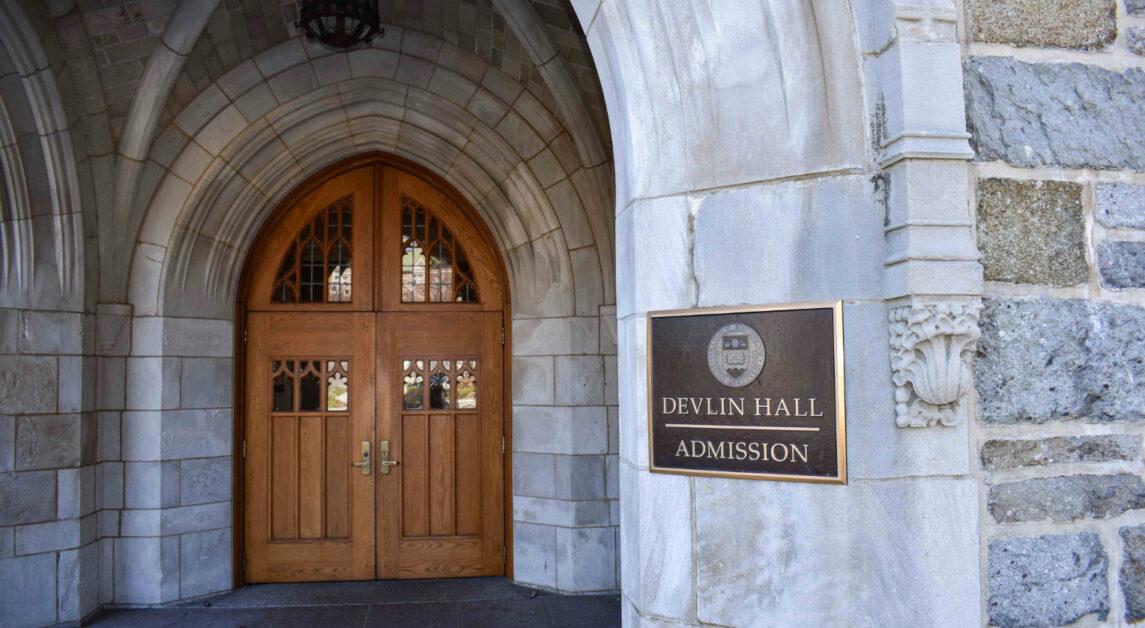
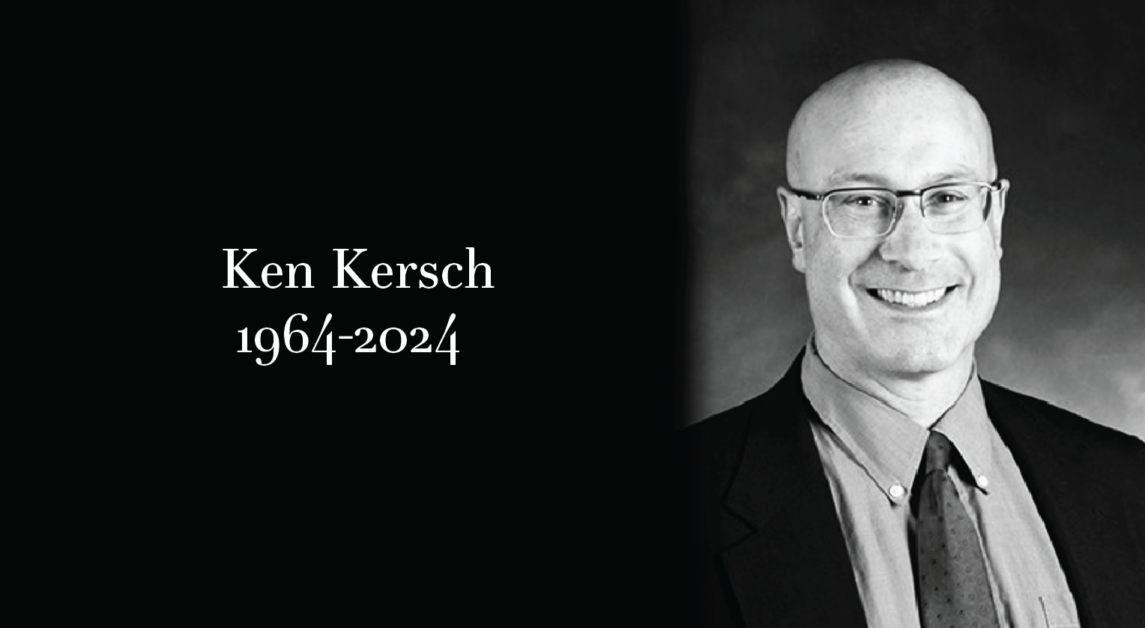



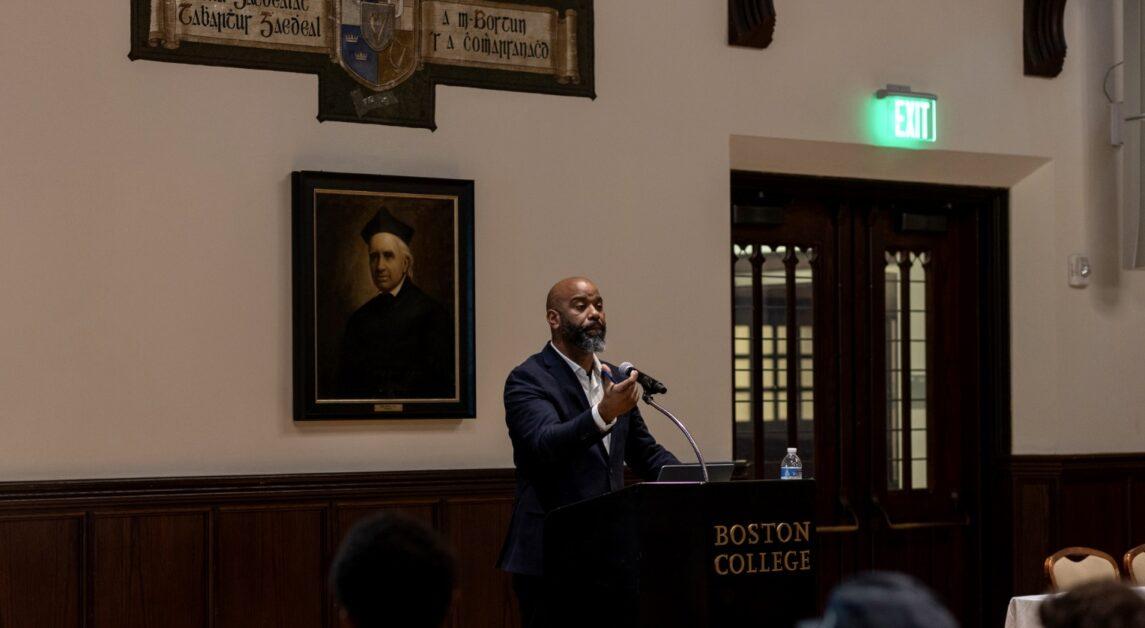
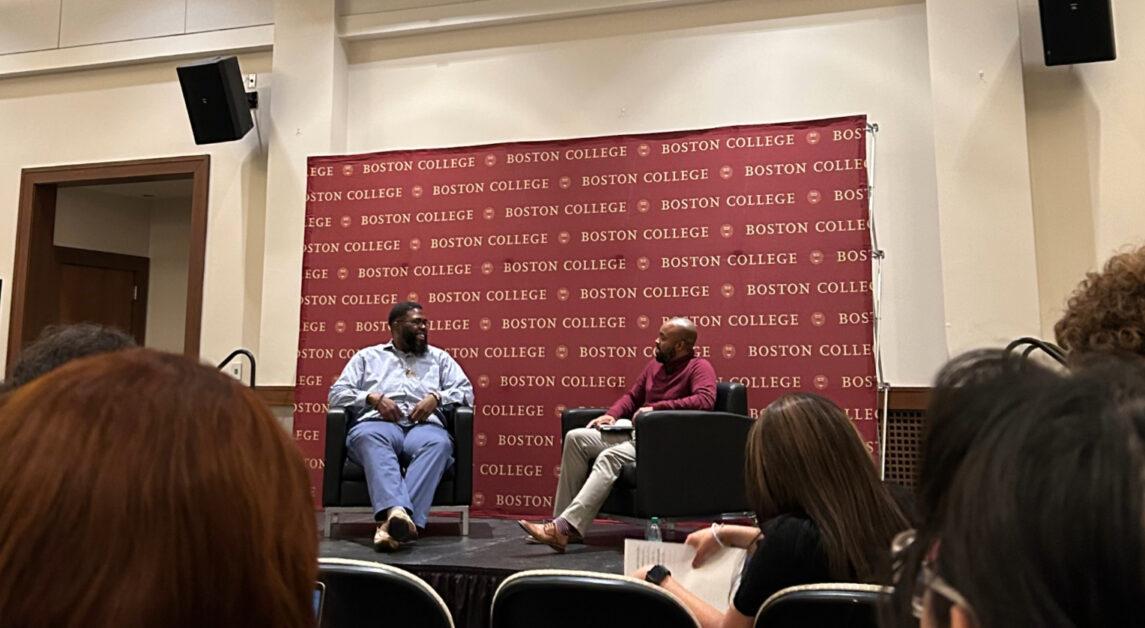
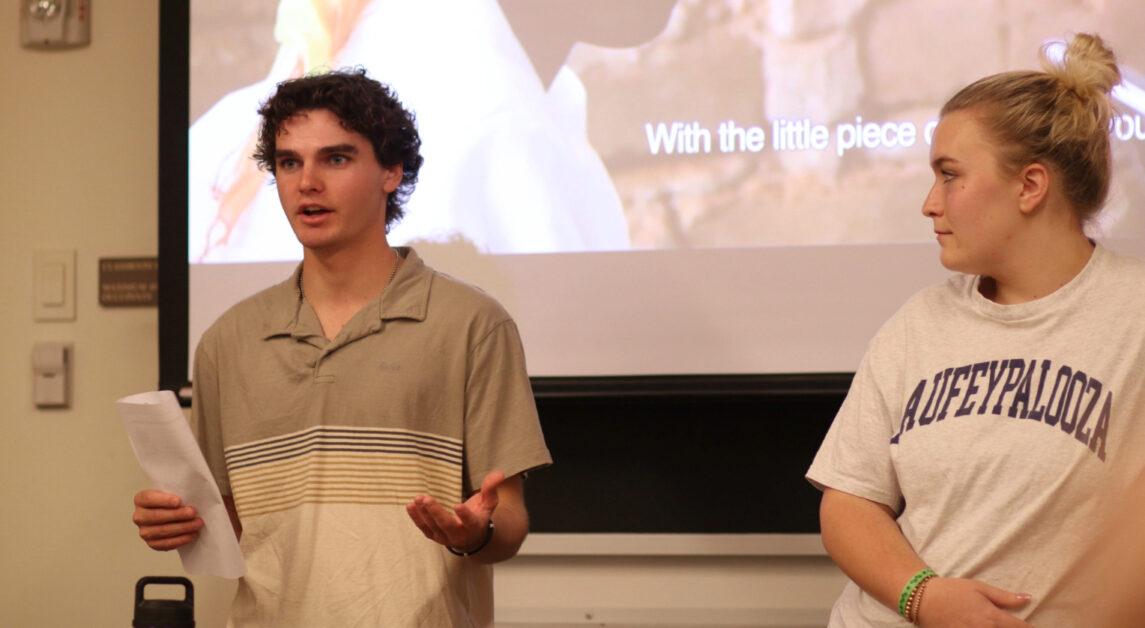






Doug Cutchins • Nov 18, 2014 at 3:29 am
As Grinnell’s former scholarship and fellowship director, I disagree with your assertion that the location of the institution “may account” for how many scholarships a school has historically won.
The Rhodes districts are tweaked every year so that they are more-or-less equally competitive, both in terms of the size of the applicant pool and, historically, the strength of candidates from each state. Additionally, schools like Harvard and MIT draw students from across the country, and their applicants are given a choice of where to apply — their home state or where they go to school. Many of them, therefore, are not competing in District 1.
Let’s discuss Fulbright, too, since that is a major focus of this article. In 2012-13, BC had 18 Fulbright scholars out of 64 applicants; that same year, Grinnell (student pop approx. 1/10th of BC’s) had 13 Fulbright scholars out of 55 applicants. Home state geography plays no role whatsoever in Fulbright selection, yet Grinnell students put up comparable numbers despite being vastly outnumbered by their BC peers.
Schools like Grinnell and Carleton do well in scholarship competitions because they have outstanding students who write terrific applications, not because of an unfair geographical advantage.